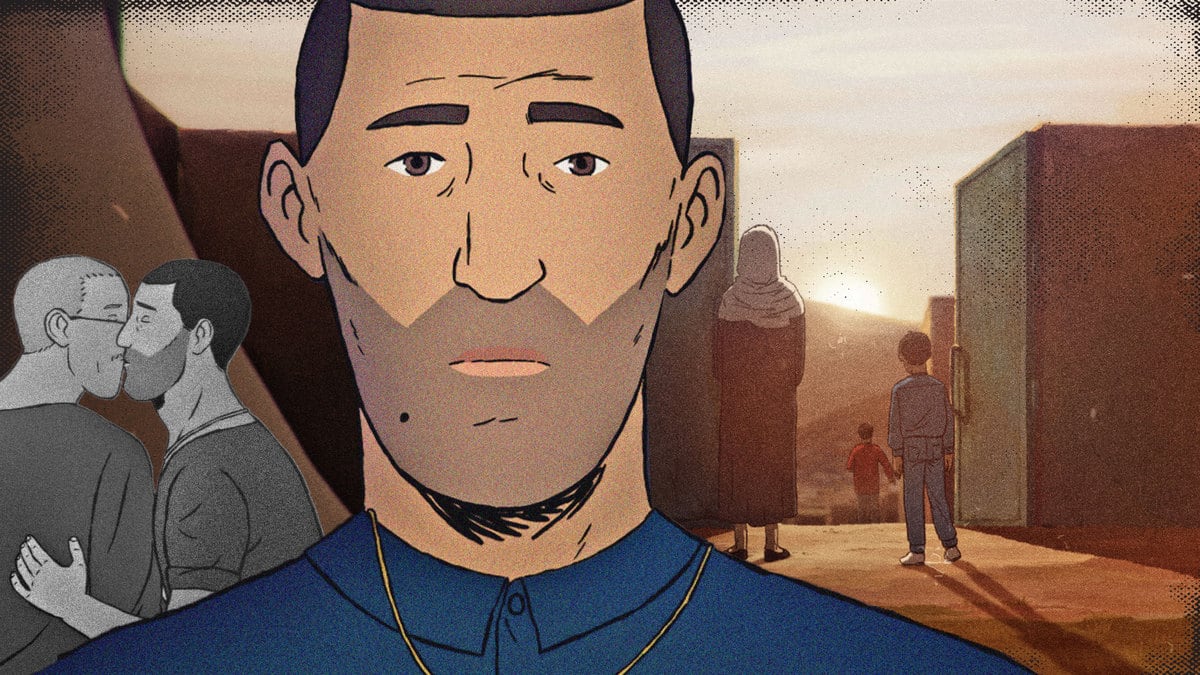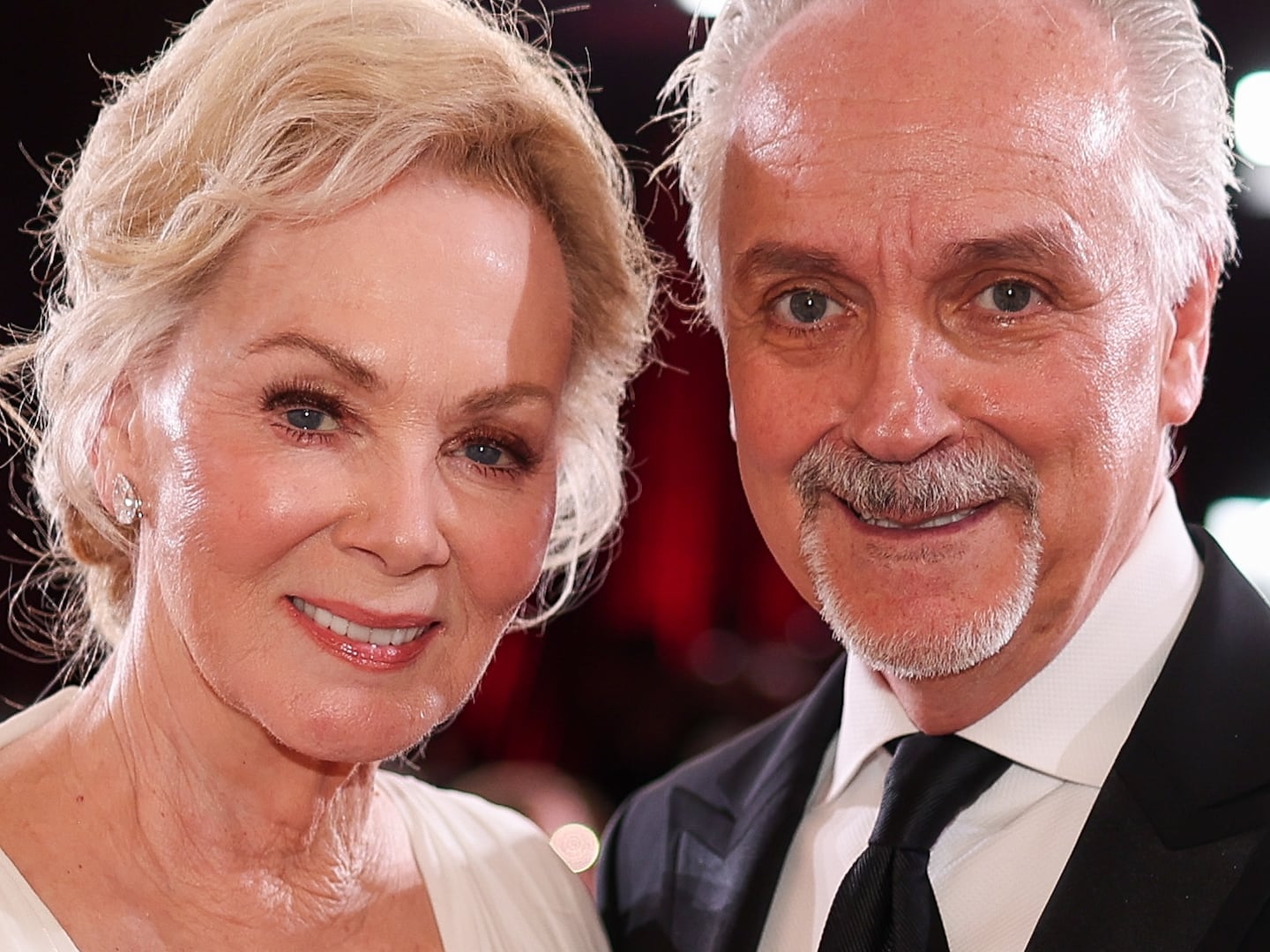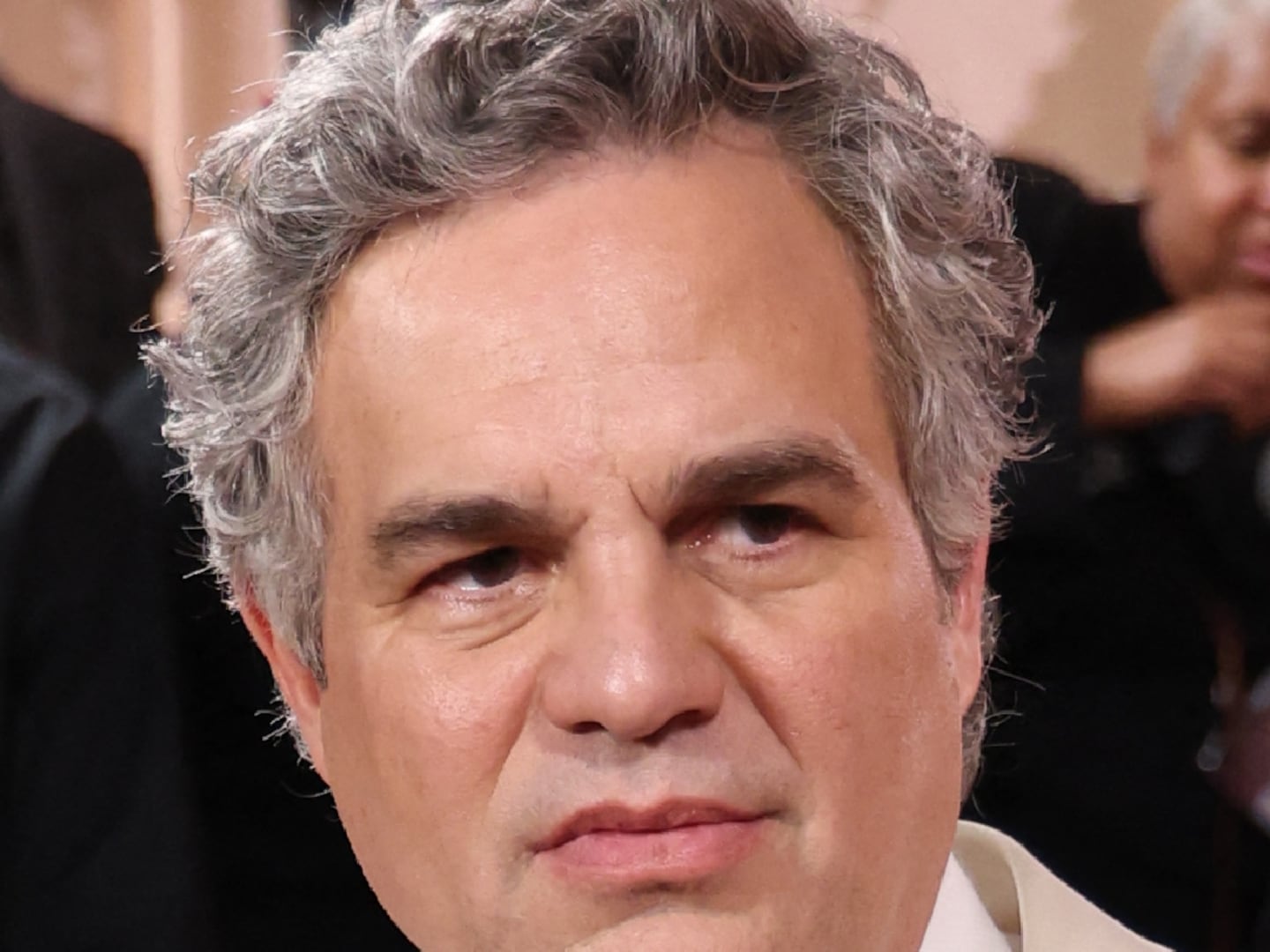The Oscars finally arrive this Sunday, leaving viewers at home racing to make sure they have seen all of the top-contending films like The Power of the Dog, CODA, and Drive My Car. But for those wishing to catch up to something special beyond the biggest titles, this year’s Oscar nominations still leave treasures undiscovered by wide audiences. Right at the top of the heap is a little animated (and history-making) documentary from Denmark with a massive heart named Flee.
Flee is already an Oscar record-setter, becoming the first film to be nominated for Best Animated Feature, Best Documentary Feature, and Best International Feature. That alone should grab your attention—in the Academy’s long history of feats and accomplishments, one film being nominated in categories so seemingly wide-ranging has never happened before—but what makes Flee such essential viewing is the testimonial power of the refugee experience it centers on.
The film tells the true story of Amin, an academic refugee in Denmark who recounts his experiences escaping the Taliban in childhood to the filmmaker Jonas Poher Rasmussen, a friend from high school. Amin’s recounting is remarkably candid, detailing how his family first fled Afghanistan for a hostile Russia and the cruelties they endured to arrive in Europe, separated from one another but safe.

But in order to achieve that safety, Amin has had to carry the burden of maintaining a false narrative that granted him asylum in his final home in Denmark. As Amin lifts that burden, the film finds a moving catharsis. Flee is about the horrors of the refugee experience, but it is also the kind of film that reflects the power of human resilience in the face of unimaginable compromise. It’s of the kind that the Academy and audiences have always responded to, and one that feels especially valuable in its portraiture as millions of Ukrainians attempt to escape invasion by Russia.
Amin’s is a story that simply must be heard, and the film represents an innovative and ingenious way in ensuring it does. Using the audio from interview sessions with Amin, Rasmussen brings Amin’s story to life in vibrant animation. Its straightforward hand-drawn simplicity goes in and out of Amin’s memories with abstract touches, offering visuals that are attuned to his psychological state and the harsh realities of his circumstance. But the film’s animation serves a purpose beyond its own artistry: it helps preserve Amin’s anonymity and the safety of his family. The impact of Flee lies not just in how the film tells Amin’s story, but why it tells it that way.
Though Amin’s story is a harrowing one, Flee finds hope, levity, and even joy in Amin’s experience as a gay man.
Flee is a triumphant queer story, one that finds its uplift through Amin’s gay identity. As Amin tells his story in modern day while preparing to move into a new home with his partner, it’s the moments of gay self-awareness in Amin’s youth that provide both loving affirmation and optimism for his future (not to mention a loving ode to Jean-Claude Van Damme and a perfectly used Roxette song). This isn’t treacly sentimentality either, but a rich portrait of a man whose tragic past experiences aren’t all that the film defines him by. It isn’t just that Flee tells an urgent story, but it tells an intersectional one as well.
Audiences have been responding to the film ever since it debuted at 2021’s Sundance Film Festival, where it earned rave reviews and won the World Cinema Documentary Grand Jury Prize. It has been amassing critical support ever since including prominent critics group prizes and a 98 percent approval rating on Rotten Tomatoes. In the film’s review for The Daily Beast, Laura Bradley praised the film for how it “uses the full emotional scope of its artistic medium to capture the humanity of Amin’s story in all its whimsy and terror.” Parasite director Bong Joon-ho called it “the most moving piece of cinema I saw this year.”
And yet the film still has yet to really have its moment with audiences. Though documentaries rarely set the box office on fire, Flee had the unfortunate luck to be released as Omicron began to surge, resulting in one of the season’s many underwhelming theatrical runs. It arrived quietly on Hulu in February, but hasn’t received the kind of push on the platform or online noise that greeted the arrival of the likes of Spencer or Nightmare Alley. (Dollars to donuts, it’s much better and more emotionally affecting than either of them.)

Still, there’s Flee’s history-making triple nominations in the animated, documentary, and international feature categories. That’s no small feat, considering how separated those Oscar races typically are. Previously, Honeyland and last year’s Collective had managed to crack the documentary and international lineups, while Waltz with Bashir was the first animated film to be nominated in international (then called best Foreign Language Film) in 2008. But Flee’s historic trifecta of nominations reflect how it has been embraced for its multi-hyphenate bravura and the range of viewers who have responded to it.
Does Flee stand a chance to triumph in any of its three nominated categories? Well, it faces stiff competition in each of them. It is probably least likely to win in international feature, where it faces off against Best Picture nominee Drive My Car and another multiple-nominated contender, The Worst Person in the World. Its best chances might be in documentary, where it faces only one formidable competitor in Ahmir’s “Questlove” Thompson’s transcendent and popular Summer of Soul. (Though Oscar does love a music doc…)
As for animated feature, the inescapable popularity of Encanto has made the film a de facto frontrunner for Disney, which has also had to juggle campaigning two other nominees with Luca and Raya and the Last Dragon. But the most meaningful place for Flee to triumph might be in this animated category, where big studio computer animation has historically reigned supreme.
A vote for Flee could also symbolize valuable pushback from the industry to the Mouse House’s missteps with Florida’s Don’t Say Gay bill. And yet, Flee’s biggest non-Encanto animated competition could actually be The Mitchells vs. the Machines, which also celebrates a queer central character but in ways subtle enough that an audience member might miss it.
There is simply no other film among the Oscar nominees like Flee, or one that more empathically examines the trials of the world today. Beyond even the confines of Oscar weekend, it is a film that demands to be seen for its artistic brilliance and unflinching portraiture. Now it’s just on the Academy to reward it... and for you to make sure you see it.







